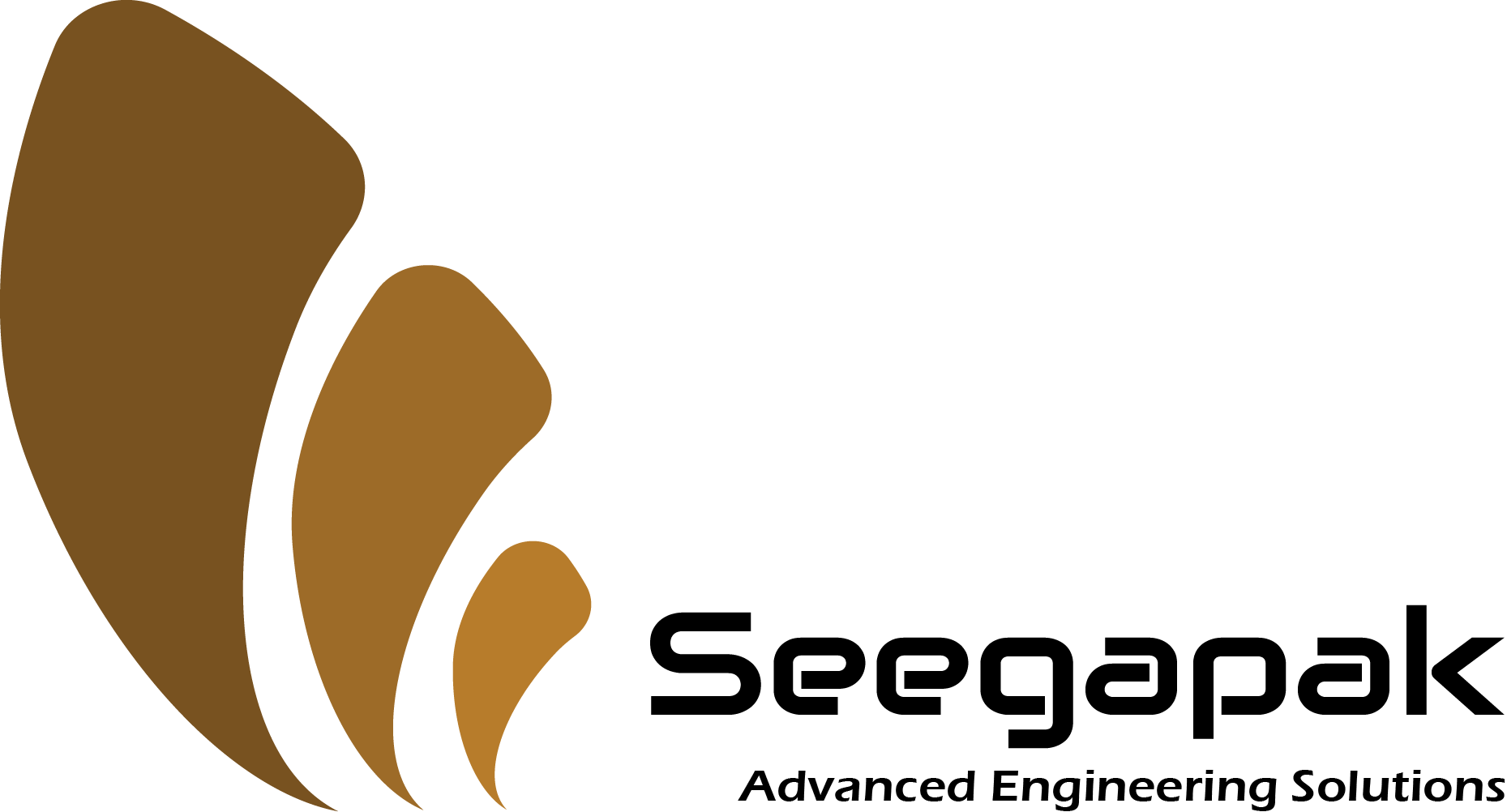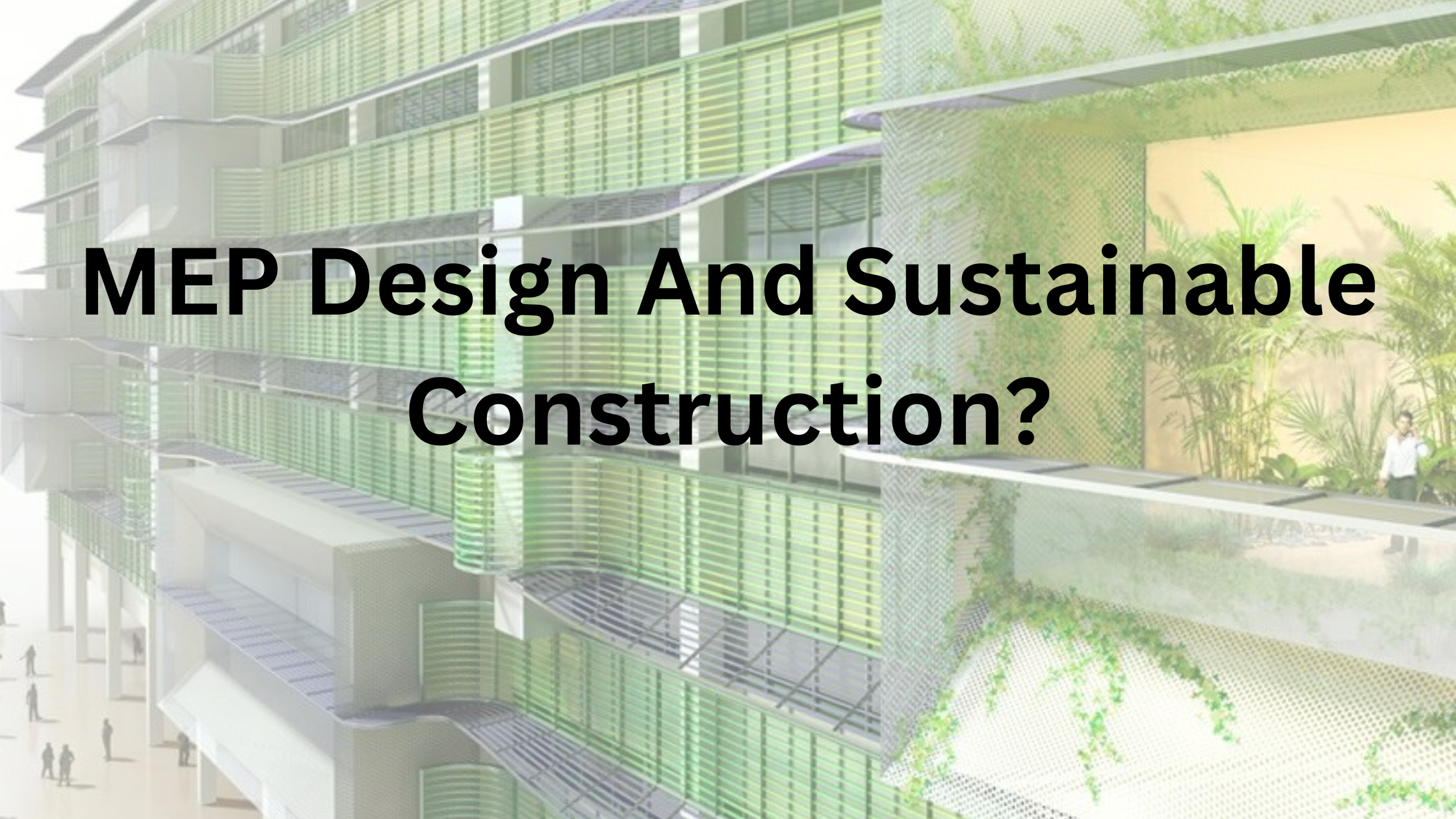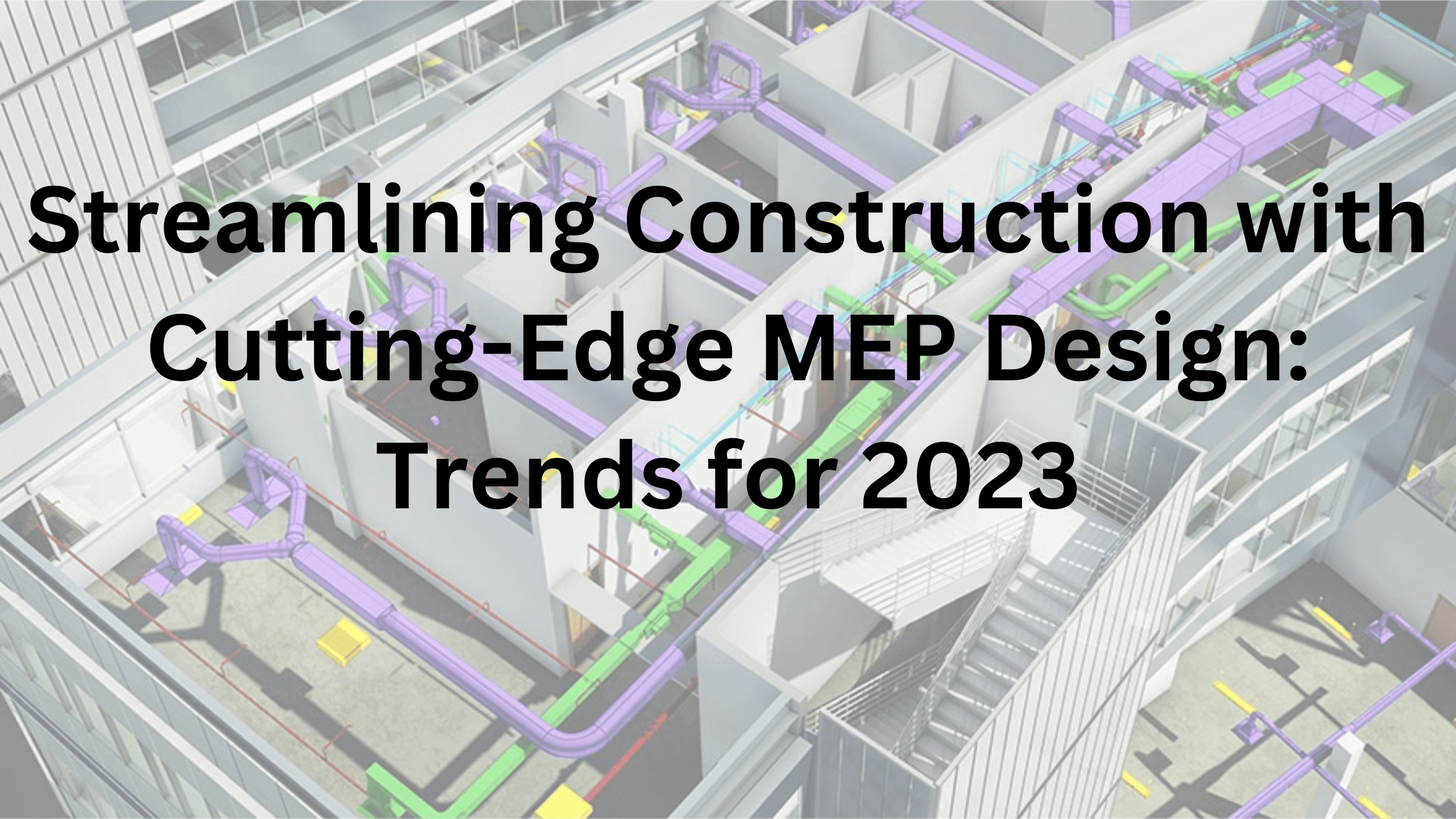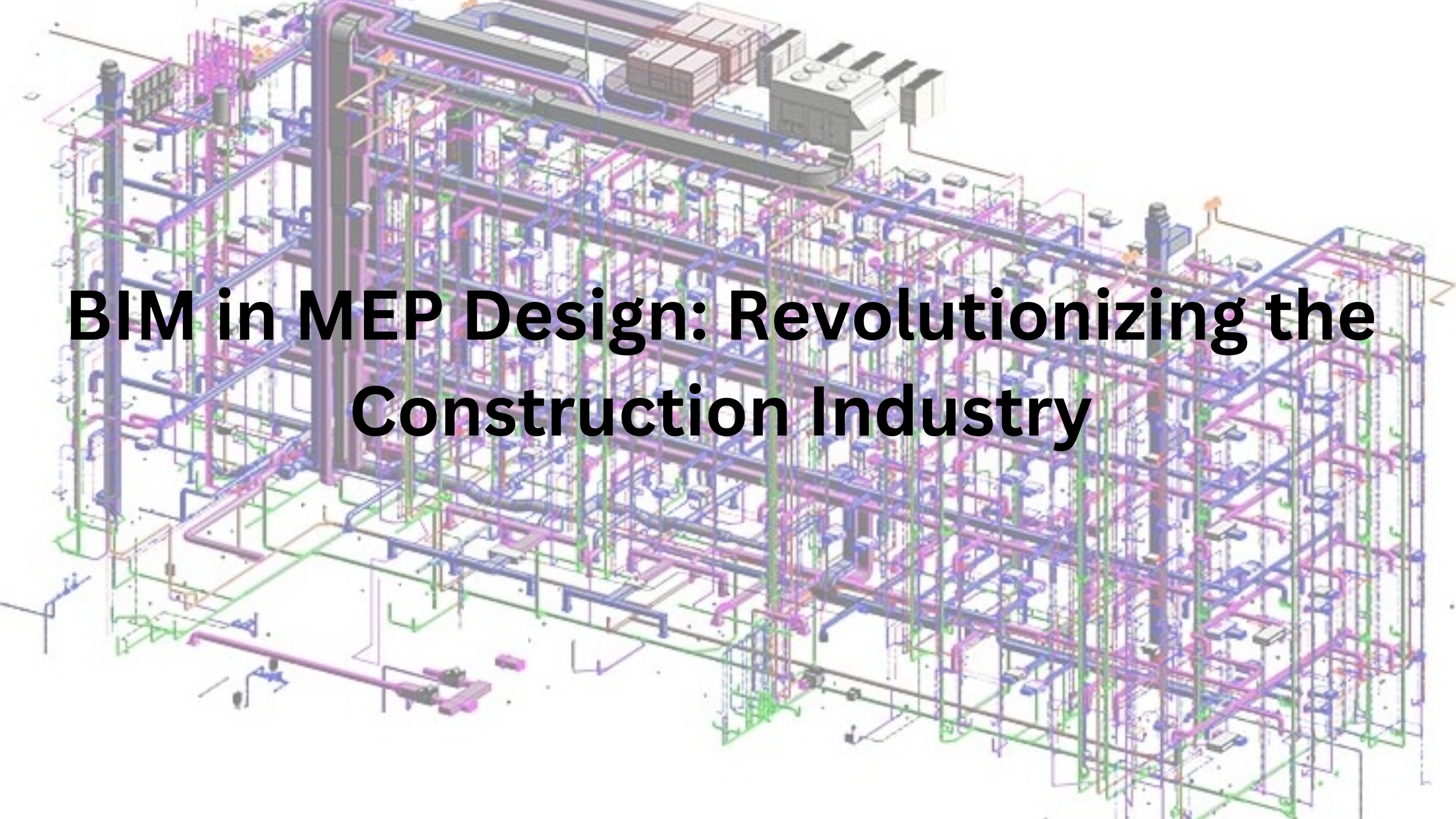In today’s fast-paced construction and architecture environment, mechanical, electrical, and plumbing (MEP) design is critical. Mechanical, electrical, and plumbing systems are crucial to the operation, efficiency, and sustainability of a building. In this essay, we will look at the intricacies of MEP design by delving into essential principles and industry best practices.
What Exactly is MEP Designing?
MEP design integrates mechanical, electrical, and sewage systems into the overall building design. These systems include Heating, ventilation, air conditioning (HVAC), lighting, electrical distribution, sanitation, and fire protection. The idea is to create an environment within a building that performs properly and effectively.
The Fundamentals of MEP Design
Coordination and synthesis
Many systems must be smoothly connected and coordinated for MEP design to be successful. This takes careful planning to ensure that all components interact smoothly and efficiently.
Conserving Energy
In an era where sustainability is critical, energy efficiency is a pillar of MEP design. Energy-saving solutions, such as LED lighting and high-efficiency HVAC systems, reduce environmental impact andsss operational costs.
Code Compliance
MEP design must adhere to local building rules and specifications. Professionals must stay current on the latest suggestions to ensure that designs meet safety standards and regulatory requirements.
Analysis of Life Cycle Expenses
Mechanical, electrical, and plumbing systems have a long-term impact on the operating costs of a building. A life cycle cost analysis can help you make sound decisions that balance initial investment with long-term savings.
MEP Design for the Environment and Sustainability
Sustainable methods in MEP design are no longer a trend but a requirement. This includes using renewable energy, conserving water, and purchasing eco-friendly products.
Also read What Is the Importance of MEP Designing In Construction?
Best Practices in MEP
Collaboration
Mechanical, electrical, and plumbing design should not be an afterthought but an integral part of the initial design phases. From the start, collaboration with architects, engineers, and other stakeholders allows for a more complete approach to building design.
Excellent Simulation and Modeling For MEP
Building Information Modeling (BIM) and advanced simulation technologies can aid in the visualization and analysis of systems before construction. This reduces the possibility of errors and enhances the system’s overall efficiency.
Routine Inspection
Systems require routine inspection and maintenance to function effectively. A proactive maintenance approach and intelligent monitoring technologies can aid in the prevention of issues and the extension of the life of the equipment.
Future Adaptability to Change
By designing MEP systems with future technology upgrades or changes in mind, future technology upgrades or changes can be accommodated. This adaptability enables structures to respond to changing needs without significant structural adjustments.
Quality Control and Testing
Before a building can be used, significant quality assurance procedures such as testing and commissioning must be performed to identify and correct possible problems. This proactive approach saves money on downtime while also maintaining user satisfaction.
Final Words
A thorough understanding of its underlying concepts and adherence to best practices are required to deconstruct MEP design. Mechanical, electrical, and plumbing design requires meticulous attention to detail, from energy efficiency and seamless integration to adaptability and sustainability. By remaining informed, organizing early, and utilizing cutting-edge technologies, industry specialists can contribute to designing buildings that are not only physically appealing but also functionally successful and sustainable.




